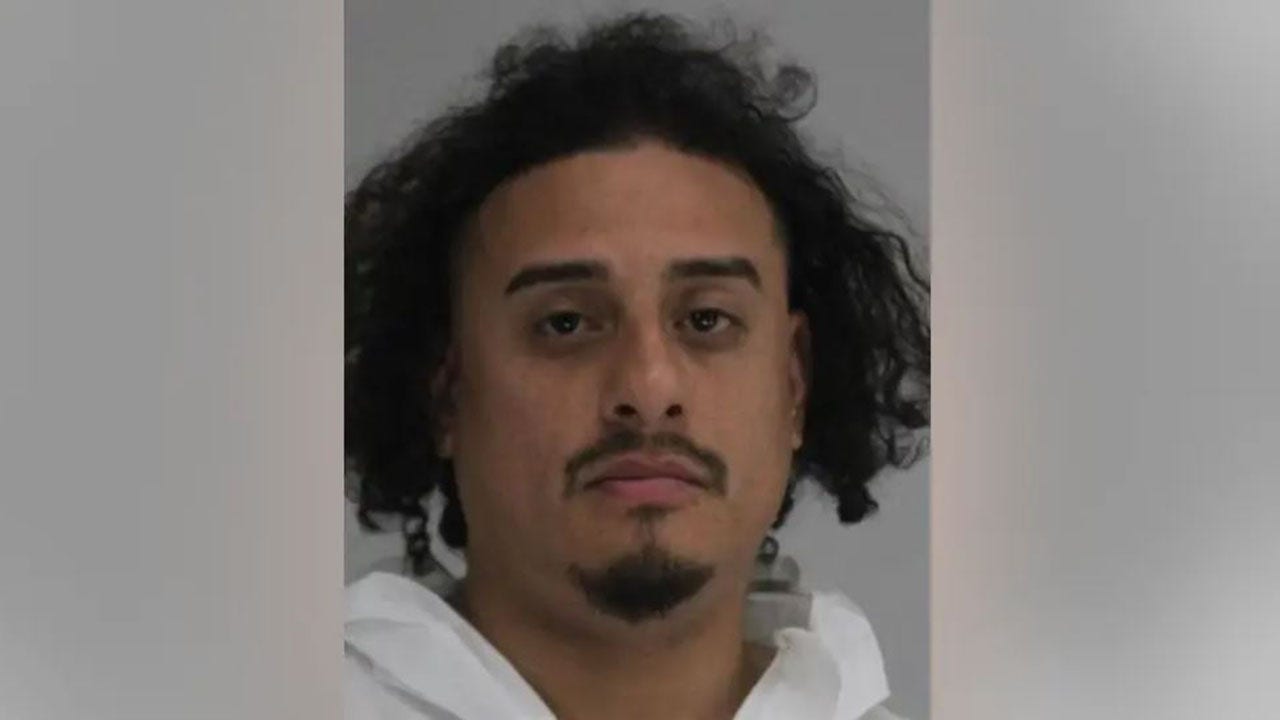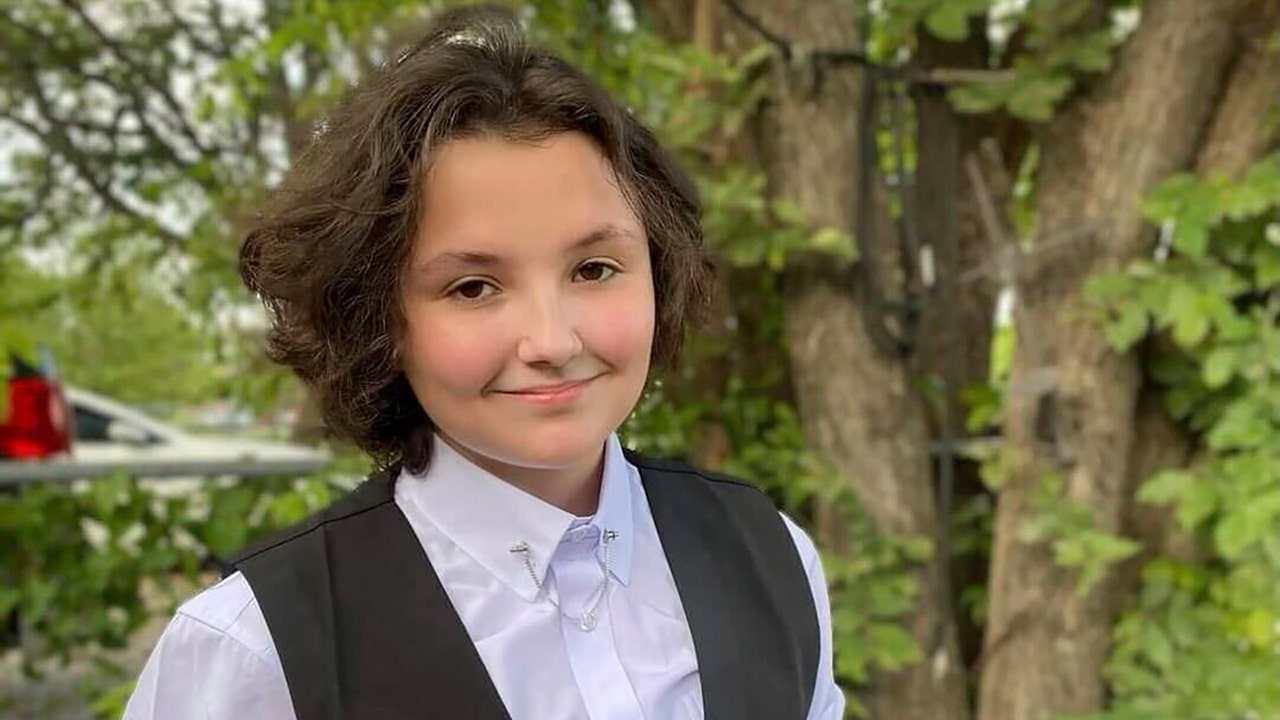A New York prosecutor today debuted the state’s case against Donald Trump to the jury of Manhattan residents that will be asked to render a verdict in about six weeks. During a 45-minute opening statement, the prosecutor detailed a scandalous story in which he accused the former president of engaging in a “criminal conspiracy” to cover up three sex scandals that threatened Trump’s 2016 campaign.
“It was election fraud,” the prosecutor Matthew Colangelo said.
Trump watched from the defense table, occasionally shaking his head. His lead lawyer, Todd Blanche laid out a duel-track defense: He downplayed the charges as a minor “business records violation” and questioned the credibility of the prosecution’s witnesses, including Trump’s former lawyer, Michael Cohen.
Before the trial adjourned early for Passover, the jury also heard from the prosecution’s first witness, David Pecker, the former tabloid publisher who was close with Trump. Pecker testified that his tabloids practiced “checkbook journalism.”
Prosecutors said Pecker bought and buried stories that could have imperiled Trump’s campaign. They will try to convince the jury that a hush money payment to a porn actress at the center of the trial was part of a larger effort to suppress negative news, which includes two other deals involving Pecker.
Justices appeared to side with city on homeless penalties
During more than two and a half hours of arguments today, the Supreme Court’s conservative majority appeared inclined to uphold local laws that allowed a small Oregon city to bar homeless people from sleeping in public spaces. The three liberal justices strongly pushed back.
The case stems from homeless residents in Grants Pass who challenged the enforcement by arguing that they are involuntarily homeless because there are no shelter beds available. That argument seemed to resonate with the liberal justices — “Where are they supposed to sleep?” Justice Sonia Sotomayor asked — while the conservatives seemed prepared to leave the issue to local lawmakers.
In related news, the Supreme Court agreed today to hear a challenge to the Biden administration’s regulation of “ghost guns.”
Pro-Palestinian protests disrupt college campuses
At Columbia University, classes were held remotely today after pro-Palestinian demonstrations on and around campus left some Jewish students fearing for their safety. At Yale, the police arrested at least 47 protesters who had defied orders to leave an encampment. At N.Y.U., students refused the university’s demand to leave a campus plaza.
Demonstrations were reported at M.I.T., Michigan, Tufts and other campuses. Harvard leaders planned for Harvard Yard to be closed for most of the week. Administrators at some schools tried to defuse the protests, while balancing free speech rights and the fears of many Jewish students, who said some of the demonstrations had veered into antisemitism. Here’s the latest.
In news from the conflict, the head of intelligence for Israel’s military resigned today, following the intelligence failures that preceded the Hamas-led attacks on Israel on Oct. 7.
Biden used Earth Day to appeal to younger voters
President Biden today visited a national park in Virginia, where he announced $7 billion in grants to fund solar power for hundreds of thousands of homes, primarily in disadvantaged communities.
The event was designed in part to build enthusiasm among young people, a crucial constituency for Biden’s re-election bid. A recent poll found that roughly 58 percent of voters had heard “little” or “nothing at all” about his signature climate bill, the Inflation Reduction Act, which was passed in 2022.
Ask a climate reporter: In a new series, we answer your climate questions. First up: Is online shopping bad for the planet?
Putin arrives on Broadway
Peter Morgan, who created “The Crown,” spent years pulling back the curtain on the British royal family and writing about polite, repressed women like Princess Diana. His new Broadway play, “Patriots,” which opened today, is immersed in a very male, very violent setting: Vladimir Putin’s rise to power and the Russian oligarchs who mistakenly thought he’d be their puppet.
“It felt like a natural thing to do, having spent so much time in the one world to go into another world just to relax a little,” Morgan told Maureen Dowd, the Times Opinion columnist.
Check out our review.
How to dress when you don’t want to look young
A reader in her 30s recently wrote in asking what to wear to look more mature. Her problem: Several people had mistakenly assumed she was in her early 20s, which could be demoralizing at work.
Our fashion critic Vanessa Friedman suggested focusing on the details. Consider it a priority to wear outfits without wrinkles, sweaters without loose threads, a tucked-in shirt and, perhaps most important, a well-tailored jacket. “The more you appear to respect yourself, the more others may respect you,” Vanessa wrote.
Elizabeth II gets a statue (corgis included)
Eighteen months after Queen Elizabeth II’s death, Britain is beginning to commemorate its former monarch with the unveiling of several statues. The first memorial statue, a seven-foot bronze work of the queen in flowing robes with three corgis at her feet, was unveiled yesterday in the English market town of Oakham.
The Oakham statue is one of many that portray Queen Elizabeth as warm and approachable — a noticeable contrast to the stern statues of Queen Victoria.
Have a regal evening.
Thanks for reading. I’ll be back tomorrow. — Matthew
We welcome your feedback. Write to us at evening@nytimes.com.






